
Liu Changming, president of Beijing No 4 Middle School, one of the capital's best-rated schools, urged China to learn from the education systems in the United States and Japan, where sports are an integral part of the curriculum from elementary school through to college.
"Japanese schools invest great efforts in improving the physical condition of their students. We should learn from them and adopt measures, such as setting up extracurricular sports clubs of various kinds to attract students, and also establish criteria by which we can judge students and schools that are not simply oriented toward exam results," said Liu.
Li Yuanyuan, president of Jilin University, suggested that physical education should be included as part of the university entrance examination.
"Basic education is always geared in the direction of the national examination, which has led to physical education being neglected most of the time," he said. "But now we are exploring reforms of the examination to make it more reasonable, scientific and beneficial to raise the profile of physical education in basic education."
Facilities, faculties, quality
In addition to the neglect of sports classes, a shortage of facilities and trained physical education teachers, especially in rural and under-developed areas, has further exacerbated the problem.
China has a shortfall of 300,000 physical education teachers in its elementary and high schools. Some rural schools don't employ professionally trained sports teachers, relying instead on teachers of other subjects to take care of physical education, which inevitably affects the quality of the activities on offer.
Take Wuzhong, a city in the Ningxia Hui autonomous region, as an example; the city's schools have 1,260 physical education faculties which employ 559 part-time staff, but still has 444 vacant posts, according to a report by China Sports Daily in June.
"The number of graduates in the field is very limited each year and most of them are reluctant to work at schools in the countryside," Niu Fumin, education head of Yanchi county in Wuzhong told the paper. "We had four vacant posts for sports teachers in 2010, but only two candidates applied and we had no other choices."
The education authorities aim to fill the gap within three years via a number of measures, including training retired athletes to assume control of instruction.
"The rural areas lack the funds to attract talent and build the facilities. Some of them even don't have school buildings, let alone a sports ground," said Zhong. "There is still a long way to go to make education really equitable across the nation, especially in terms of bridging the gap in providing the rural areas with sufficient capital."
Meanwhile, the quality of most school sports is far from desirable, according to Duan Shijie, deputy director of the General Administration of Sport.


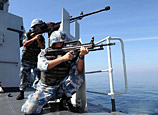
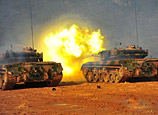
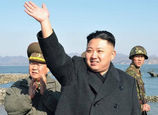
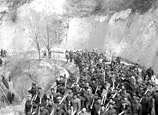
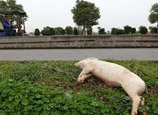
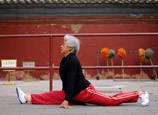

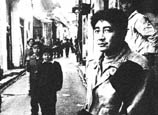








 Spring Style: Temperatures rise in south China cities
Spring Style: Temperatures rise in south China cities


![]()
